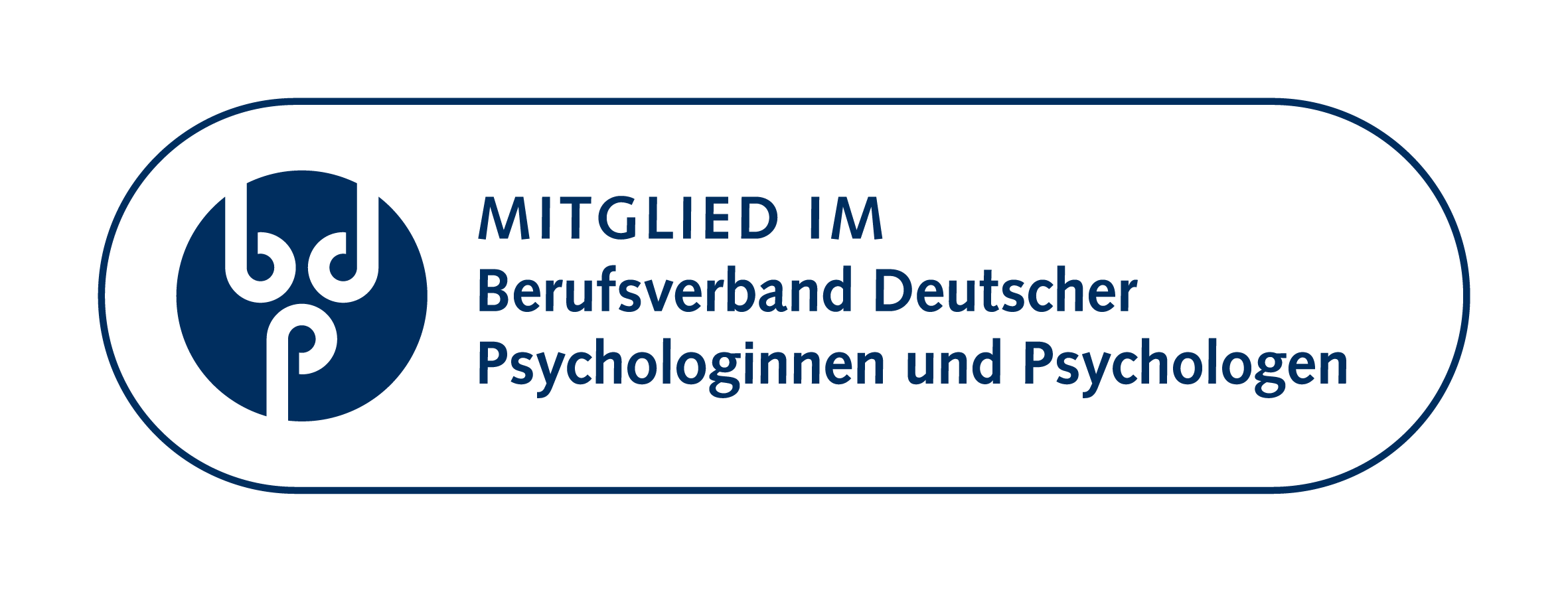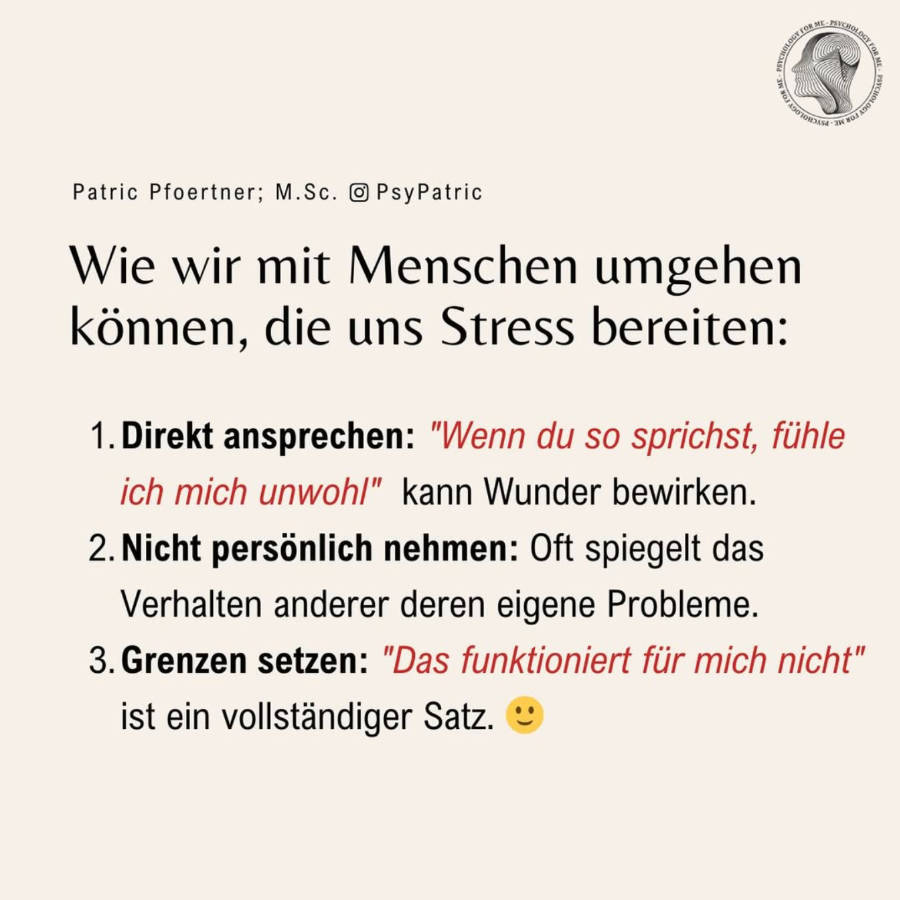Understanding Bulimia Nervosa: A Path Towards Healing
As a psychologist, I understand that confronting concerns about your eating habits can be an incredibly vulnerable and challenging experience. If you're exploring this self-assessment, it often means you're already taking a courageous step towards understanding yourself better. Bulimia nervosa is a complex eating disorder, and recognizing its signs is the first crucial step towards healing and recovery.
You might be wondering about certain aspects of this condition. Let's address some common questions that often arise:
- What exactly is Bulimia Nervosa?
- What are the common signs and symptoms I should be aware of?
- Why does it feel so difficult to stop these behaviors?
- Where can I find effective help and support?
What exactly is Bulimia Nervosa?
Bulimia nervosa is characterized by recurrent episodes of binge eating, which involve consuming an unusually large amount of food in a short period while feeling a lack of control over eating during the episode. Following these binges, individuals engage in compensatory behaviors to prevent weight gain. These might include self-induced vomiting, misuse of laxatives, diuretics, or other medications, fasting, or excessive exercise. It's important to remember that bulimia isn't just about food; it's often a coping mechanism for underlying emotional distress, and individuals with bulimia typically maintain a normal or slightly above-normal weight, making it less visible than other eating disorders.
What are the common signs and symptoms I should be aware of?
Beyond the core behaviors of bingeing and compensatory actions, several other signs may indicate bulimia nervosa. These can include a significant preoccupation with body shape and weight, a distorted body image, feelings of guilt and shame surrounding eating, frequent fluctuations in weight, and even physical symptoms like dental erosion from vomiting. Emotionally, individuals might experience mood swings, depression, anxiety, or social withdrawal.
Why does it feel so difficult to stop these behaviors?
The cycle of bingeing and compensatory behaviors can become deeply ingrained and feel incredibly hard to break. This is because these behaviors often serve a psychological purpose, such as managing overwhelming emotions, stress, or a sense of lack of control in other areas of life. The immediate relief felt after purging, for instance, can reinforce the behavior, creating a powerful, self-perpetuating cycle that requires professional intervention to interrupt effectively. It's not a matter of willpower; it's a complex interplay of psychological, biological, and social factors.
Where can I find effective help and support?
If you or someone you know is struggling, remember that recovery is absolutely possible. The most effective approach typically involves a combination of therapies, such as Cognitive Behavioral Therapy (CBT) specifically adapted for eating disorders, and nutritional counseling. Seeking help from a psychologist, psychiatrist, or an eating disorder specialist is crucial. Support groups can also provide a sense of community and understanding. Reaching out is a sign of strength, and there are compassionate professionals ready to guide you towards a healthier relationship with food and yourself.
This Bulimia Self-Assessment is designed to help you:
- Gain initial insights into your eating patterns and body image concerns.
- Reflect on potential signs that might warrant further attention.
- Serve as a starting point for a conversation with a healthcare professional.
Remember, this test is a tool for self-reflection, not a diagnosis. Your well-being is paramount, and taking this step is a commendable act of self-care.
























